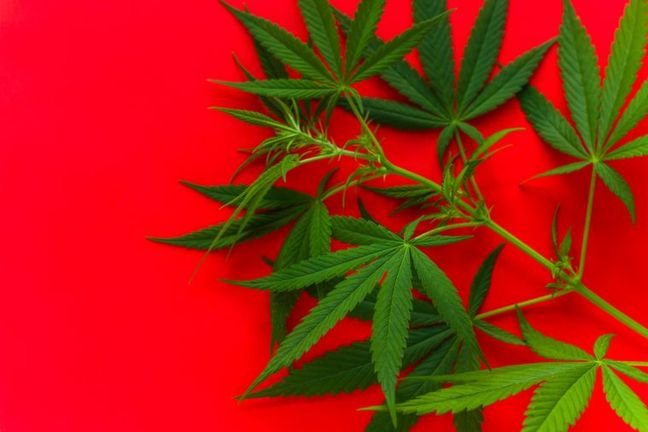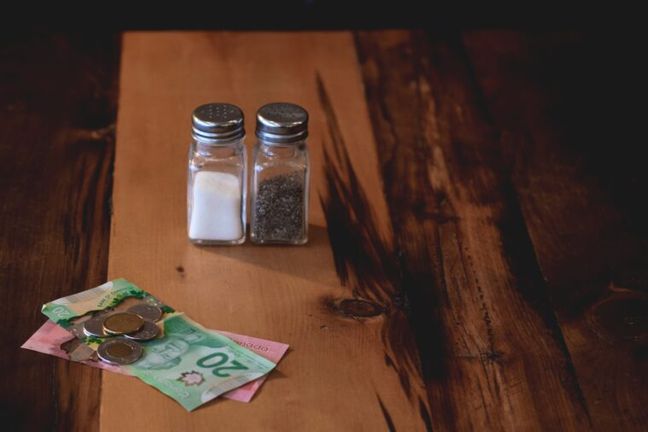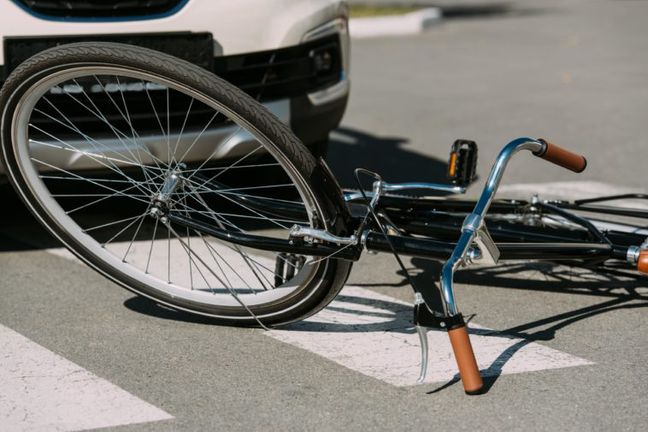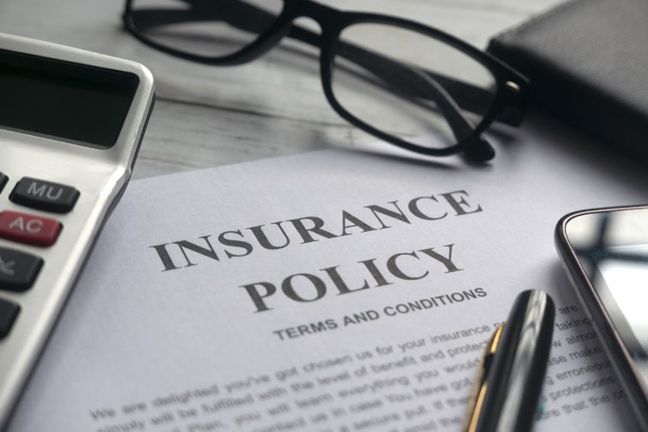Marijuana use is legal in Nevada, both medical and recreational. This has created tension between employee rights and employers’ policies regarding workplace safety and drug testing. In a set of recent cases, the Nevada Supreme Court reviewed the use of marijuana at the workplace for recreational and medical purposes.
Facts
In Ceballos v. NP Palace, LLC, a casino employee slipped and fell in the break room.[1] After rendering aid, casino security asked Ceballos to submit to a drug test which returned positive for marijuana and Ceballos was terminated.[2] Ceballos sued for wrongful termination and violation of NRS 613.333, which prohibits an employee’s discharge for engaging in the “lawful use in this state” of any product outside the premises of the employer and during non-work hours.[3] Ceballos argued he was not impaired during his shift, had not used marijuana in the 24 hours before his shift, and was at home when he engaged in the recreational use which produced the positive result.[4] The Nevada Supreme Court rejected the claims, finding “lawful use in this state” meant lawful under both state and federal law, and thus, the employer did not violate the statute by discharging Ceballos.[5]
The Nevada Supreme Court recently addressed a similar set of facts with a key distinction and seemingly contrary result. James Roushkolb accepted a journeyman position with Freeman Expositions, dispatched through a union.[6] While tearing down a convention exhibit with another employee, a large piece of plexiglass fell and shattered.[7] Freeman required Roushkolb to submit to a drug test which returned positive for marijuana.[8] A collective bargaining agreement included a zero-tolerance provision related to drug use. Freeman terminated Roushkolb and advised the union Roushkolb was not eligible for future work at Freeman worksites.[9]
Although the facts are facially similar to Ceballos, Roushkolb held a valid medical marijuana card at the time of the accident.[10] Roushkolb sued Freeman, asserting various claims, including violation of NRS 613.333 and NRS 678C.805(3).
Chapter 678C of the Nevada Revised Statutes governs the medical use of cannabis. NRS 678C.850(3) provides the provisions of Chapter 678C do not:
Require an employer to modify the job or working conditions of a person who engages in the medical use of cannabis that are based upon the reasonable business purposed of the employer but the employer must attempt to make reasonable accommodations for the medical needs of an employee who engages in the medical use of cannabis if the employee holds a valid registry identification card, provided that such reasonable accommodation would not
(a) pose a threat of harm or danger to persons or property or impose an undue hardship on the employer; or
(b) prohibit the employee from fulfilling any and all of his or her job responsibilities.[11]
Roushkolb claimed Freeman violated its duty to provide reasonable accommodations for his medical needs as required under NRS 678C.850(3) when he sought the “accommodation” of not being terminated for using medical marijuana outside the workplace during non-working hours. Although the statute does not explicitly provide for a private right of action, Roushkolb argued the statute would be “nullified” if no private right of action were allowed because no administrative agency was empowered to enforce this protection.
Takeaway
Although it rejected Roushkolb’s other claims, the Nevada Supreme Court agreed the statute provided a private cause of action:
[W]e find an implied right of action under NRS 678C.850, where an employer does not follow the Legislature’s directive that an employer must attempt to accommodate an employee who uses medical cannabis, unless certain exceptions apply.[12]
In short, Nevada employers must ensure they understand their employees’ rights with regard to recreational and medical marijuana. Employers should be able to distinguish their right and ability to restrict workers’ use of recreational marijuana from their obligation and duty to reasonably accommodate workers’ use of medical marijuana.
Keep Reading
More by this author
Sources
[1] Ceballos v. NP Palace, LLC, 138 Nev. Adv. Op. 58, 514 P.3d 1074, 1076 (2022).
[2] Id.
[3] Id.
[4] Id.
[5] Id. at 1078.
[6] Freeman Expositions, LLC v. Eighth Jud. Dist. Ct. in & for Cnty. of Clark, 138 Nev. Adv. Op. 77, 520 P.3d 803, 806 (2022).
[7] Id.
[8] Id.
[9] Id.
[10] Id.
[11] NRS 678C.850(3).
[12] Id. at 809.

 Author: Priscilla L. O’Briant
Author: Priscilla L. O’Briant
 Editor: Ashley Paige Fetyko
Editor: Ashley Paige Fetyko
 Cannabis Workers Allege Quota to Trim 4 Pounds a Day Violates the California Labor Code
Cannabis Workers Allege Quota to Trim 4 Pounds a Day Violates the California Labor Code
 The Ninth Circuit Reminds Us: Every Word Matters
The Ninth Circuit Reminds Us: Every Word Matters
 NO WAY, PRO SE! The Consequences of Abusing the Judicial System as a Pro Se Litigant in Colorado
NO WAY, PRO SE! The Consequences of Abusing the Judicial System as a Pro Se Litigant in Colorado
 Victim of Financial Mismanagement or Unlawful Retaliation? New Jersey City University Program Founder Claims School Retaliated After Reporting Alleged Sexual Harassment
Victim of Financial Mismanagement or Unlawful Retaliation? New Jersey City University Program Founder Claims School Retaliated After Reporting Alleged Sexual Harassment
 “Real Housewives” Gets a Reality Check
“Real Housewives” Gets a Reality Check
 Missing a Chapter: Insufficiency of Expert Deposition Testimony in Medical Malpractice Litigation
Missing a Chapter: Insufficiency of Expert Deposition Testimony in Medical Malpractice Litigation
 Crash Course: Why Summary Judgment Misses the Mark in Illinois Multi-Cause Limousine Crash Collision
Crash Course: Why Summary Judgment Misses the Mark in Illinois Multi-Cause Limousine Crash Collision
 Bitter Truths: Lead, Cadmium, and Defective Pleadings in California Chocolate Class Action
Bitter Truths: Lead, Cadmium, and Defective Pleadings in California Chocolate Class Action
 The Law of Unintended Consequences: Including Insurance Brokers in Litigation Strategy Communication May Waive the Attorney-Client Privilege
The Law of Unintended Consequences: Including Insurance Brokers in Litigation Strategy Communication May Waive the Attorney-Client Privilege
 Here’s a Tip: Las Vegas Restaurant Accused of Unfair Splits
Here’s a Tip: Las Vegas Restaurant Accused of Unfair Splits
 Did Defense Accept Responsibility? Angry NV Jury Awards $14 Million
Did Defense Accept Responsibility? Angry NV Jury Awards $14 Million
 Nevada Insurers Should Expect Heavy Scrutiny of “Actual Knowledge” in Rescission Attempts
Nevada Insurers Should Expect Heavy Scrutiny of “Actual Knowledge” in Rescission Attempts